
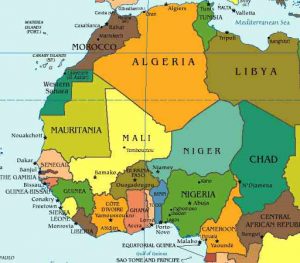
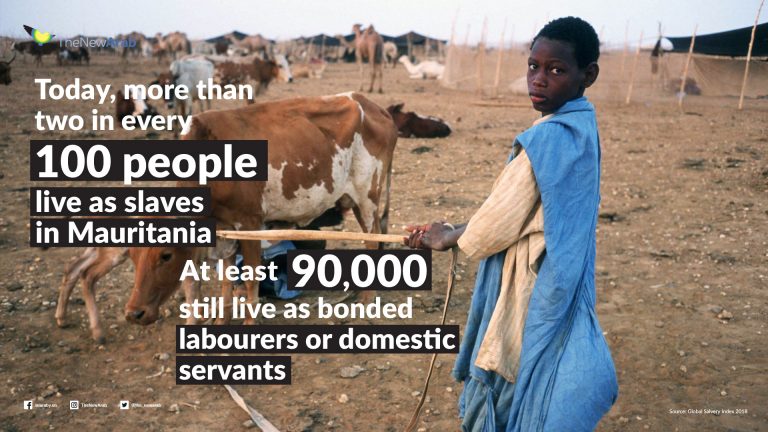
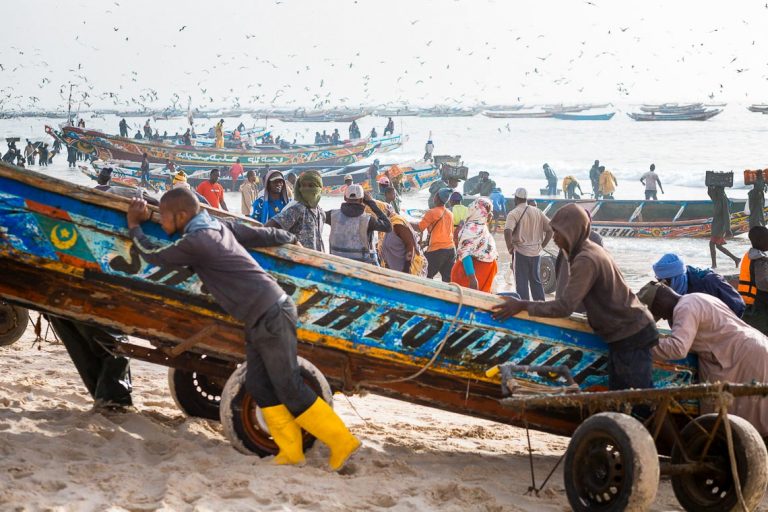
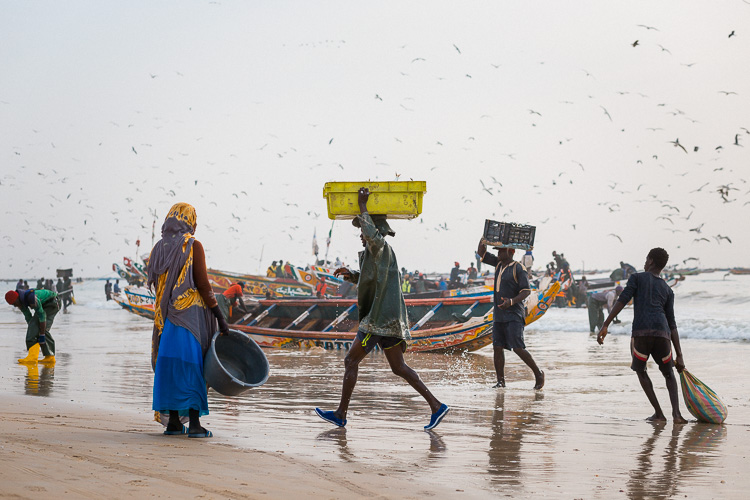
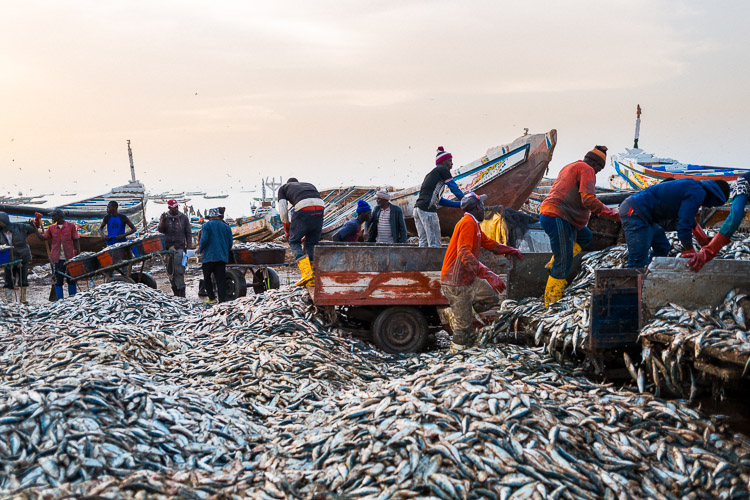
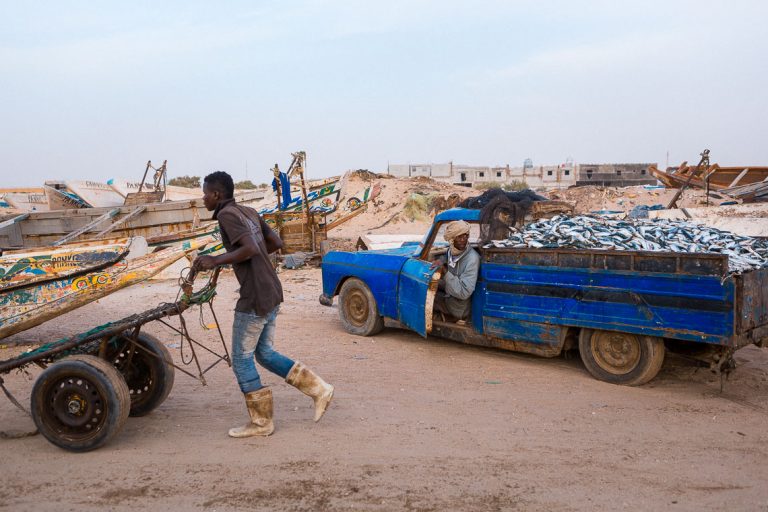
1 Mauritania: Men of the Sea (full documentary)
23 jan. 2014
2 Mauritania : Destiny of the Sands – Documentary
3 sep. 2018
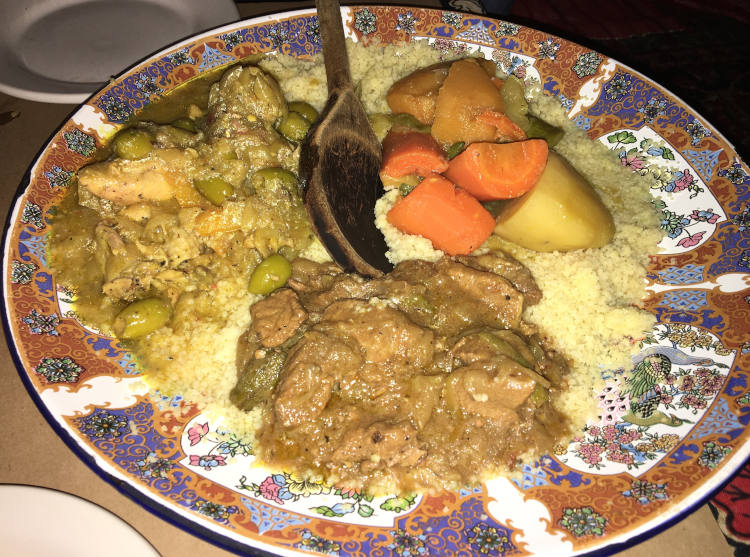
3 The Unspeakable Truth About Slavery in Mauritania
In première gegaan op 4 nov. 2020
4 Mauritania: Slavery’s last stronghold
5 Secrets of the Sahara: Mauritania’s Dark Side | Full Documentary | TRACKS
27 jun. 2020
This episode of Sahara explores the people and traditions of Mauritania, but it also uncovers a deep dark secret that the locals aren’t allowed to address. TRACKS publishes unique, unexpected and untold stories from across the world every week. From Sahara
Content licensed from Sideways Film to Little Dot Studios.
Any queries, please contact us at: owned-enquiries@littledotstudios.com
12 aug. 2008
7 The Tuareg: The Blue-Veiled Desert Warriors (Morocco & Algeria – Full Documentary) | TRACKS
Back to menu
4 mei 2018
Also known as the blue-veiled warriors of the desert, the nomadic Tuareg tribe of the impassable and vast Sahara is shrouded by mystery.
As a young anthropologist, Jeremy Keenan documented the lifestyle of a Tuareg family group living at the foot of Algeria’s highest mountain; Mount Tahat, creating an intimate and important film about a traditional lifestyle under the threat of extinction.
The documentary series “Disappearing World” was originally broadcasted between 1970-1975.
As an anthropological landmark of its time, the series tells the story of traditional communities endangered by the modern world’s progressions.
The series stands as a historical document of daily life in remote and threatened societies, such as the Cuiva, Embera and Panare Indians of Colombia, the nomadic Tuareg of the Sahara, the Kurdish Dervishes and the Meo of China.
TRACKS publishes unique, unexpected and untold stories from across the world every week.
From “Disappearing World.”
Content licensed from ITV Global.
Any queries, please contact us at: owned-enquiries@littledotstudios.com owned-enquiries@littledotstudios.com
8 Why slavery still exists | Mauritania | VPRO Documentary
Back to menu
5 sep. 2019
Slavery is still existing in Mauritania, although it has officially been prohibited by law. The government of Mauritania has been trying to hide slavery from the outside world for years. Slavery has officially been abolished since 1981, almost a century after it happened worldwide. But activists are still fighting for the liberation of tens of thousands of black Mauritanians owned by someone else. Slavery is still existing.
In this series, Dutch Journalist Bram Vermeulen travels through the biggest desert on earth: the Sahara. He goes from west to east, from the Atlantic to the red sea and crosses the four biggest countries. He experiences the heat of the desert, the dangers of advancing jihadism and meets the residents of one of the most inhospitable areas on earth.
Mauritania is located in the most western point of the Sahara. Since 1980 no Dutch camera crew has been visiting here. The desert country tries to hide a big secret from the outside world.
Ten years ago, Mauritania was still a busy crossing point for migrants from West Africa to the Canary Islands, but since the Spanish coast guard patrolled the coast together with colleagues from Mauritania, no one can get through it anymore.
Mauritania is a country that exists without the attention of the world press. A land of sand, where the first cities only emerged after the great drought in the 1960s.
Many customs from the desert have come to the city with urbanization. It is notorious for overfeeding young girls with camel milk and breadcrumbs dipped in olive oil. Force-feeding is called that forbidden use, intended to make the girls more attractive for the wedding market.
Presentator: Bram Vermeulen
Director & Camera: Erik van Empel
Sound: Oleksiy Tugushin
Edit: Daan Wierda
Research: Tjeerd Bijman
Research/Fixer: Issifou Djibo
Camera assistant: Aboulougafar Adamou
Production: Elleke Claessen
Production assistants: Yalou van der Heijden
Jeroen Mondria
Music: Rutger Zuydervelt (Machinefabriek)
Online Editors: Nick Boers, Marleen Cuijpers
Commissioning Editor: Hans Simonse
© VPRO November 2018
On VPRO broadcast you will find nonfiction videos with English subtitles, French subtitles and Spanish subtitles, such as documentaries, short interviews and documentary series.
This channel offers some of the best travel series from the Dutch broadcaster VPRO. Our series explore cultures from all over the world. VPRO storytellers have lived abroad for years with an open mind and endless curiosity, allowing them to become one with their new country. Thanks to these qualities, they are the perfect guides to let you experience a place and culture through the eyes of a local. Uncovering the soul of a country, through an intrinsic and honest connection, is what VPRO and its presenters do best
10 Woman escapes modern slavery in Mauritania
11 CNN Freedom Project- West Africa Slavery
12 Mauritania | Nomads of the Sahara
26 jan. 2016
Mauritania. The land of which, since ancient times, a thousand poets have sung. The country of the bidanes. And of the ADRAR TMAR, the fabulous mountains of sweet dates.
These lonely escarpments hide some of the most jealously guarded treasures of the great Sahara desert.
For as long as anyone can remember, the nomads have come to these oases to rest and escape from the burning heat. Small islands of intense green and babbling waters.
The oasis of TERYIT is home to some of the most important endemic plant species, such as the Saharan fern.
In the crystalline waters that gush from the spring live, inexplicably, dozens of small fish, true living fossils from the time when rivers flowed across this desert.
In the Mauritanian Adrar, one of the most spectacular phenomena in the world can be found.
This is GUELB ER RICHAT, a gigantic primitive volcano the enormous size of which can only be appreciated from the air. Mauritania is a country entirely of desert and with a fascinating history.
The terrifying canyons of the AMOJIAR ravine, its vertical walls, and the frequent landslides formed part of the dangers of the road which the ancient caravans had to negotiate in order to reach the mythical cities of the Gold Route. The lost cities of Mauritania. WADAN, the legendary city of palm groves, and its mysterious founders, the BAFUR, who trained dogs for war and were great musicians.
To Wadan came the caravans of thousands of dromedaries from the black kingdom of GHANA with slaves, gold and shellac, to exchange them for the salt the wadanies mined in the SEBJA of IYIL.
In these lands, the fierce Almoravid warriors conceived their epic plan of creating a vast African empire which would stretch from the river Niger to the shores of the Ebro, in Al-Andalus.
They brought together all the tribes of the Sahara under the flag of the most orthodox Islam.
This city, formerly rich thanks to its immense palm groves, stands in the centre of the TURAB AL BIDAN, “The Land of the White Men”, the natural frontier with Black Africa.
Like all the great cities along the caravan routes, Wadan, before its final decline as a result of the internal struggles which laid it to waste in the eighteenth century, was an important centre for the dissemination of culture. Today, all that remain are the ruins of the once bustling city. It is virtually deserted, its former prosperity now reduced to the very image of desolation.
The other great caravan centre in the Adrar of Mauritania is CHINGUETTI.
According to popular belief, it was founded by the Almoravids, though studies have suggested it was of later construction. Like Wadan, it is in a lamentable state of conservation, despite the funds donated by UNESCO in order to preserve it.
The mosque is the most important building in Chinguetti and perhaps in all of Mauritania.
Every year, below its minaret, of dry-stone masonry and reconstructed several times, thousands of the Turab al Bidan faithful gathered to set out on the pilgrimage to Mecca.
For this reason, Chinguetti was considered the seventh holy city of Islam.
The precarious state of the city is due to the inexorable advance of the desert and the circle of encroaching dunes which are slowly burying it forever.
So, the people abandon their homes which, empty and unattended, in time simply crumble.
The few inhabitants that still remain are elusive and the streets are empty. It is, to all intents an purposes, a ghost town. Only the odd crafts stall, where you can now buy a family’s most treasured memories, reminds us of the former splendour of Chinguetti, once the source of all erudition and knowledge in Mauritania.
13 This Sahara Railway Is One of the Most Extreme in the World | Short Film Showcase
11 jul. 2018
At more than 430 miles long, the Mauritania Railway has been transporting iron ore across the blistering heat of the Sahara Desert since 1963.
About Short Film Showcase:
The Short Film Showcase spotlights exceptional short videos created by filmmakers from around the web and selected by National Geographic editors. We look for work that affirms National Geographic’s belief in the power of science, exploration, and storytelling to change the world. The filmmakers created the content presented, and the opinions expressed are their own, not those of National Geographic Partners.
One of the longest and heaviest trains in the world, the 1.8-mile beast runs from the mining center of Zouerat to the port city of Nouadhibou on Africa’s Atlantic coast. The train is the bedrock of the Mauritanian economy and a lifeline to the outside world for the people who live along its route.
Hop on board the ‘Backbone of the Sahara’ with filmmaker Macgregor for an incredible journey through the stunning Western Saharan landscape.
About National Geographic:
National Geographic is the world’s premium destination for science, exploration, and adventure. Through their world-class scientists, photographers, journalists, and filmmakers, Nat Geo gets you closer to the stories that matter and past the edge of what’s possible.
This Sahara Railway Is One of the Most Extreme in the World | Short Film Showcase
https://youtu.be/jEo-ykjmHgg
National Geographic
https://www.youtube.com/natgeo
10 mrt. 2017
15 Journey to the origins (Full Documentary)
30 mrt. 2015
16 In The Sahara Desert: Land of Fear | Full Documentary | TRACKS
4 apr. 2020
17 The Abolition Movement to End Slavery in Mauritania
18 Mauritania’s Battle Against Modern Day Slavery
16 apr. 2014
19 🇱🇾 Migrants for Sale: Slave trade in Libya | Counting the Cost
Back to menu
Mahmoud Abdelwahed reports from a detention centre in the Libyan capital Tripoli.
Leonard Doyle from the International Organization for Migration joins Counting the Cost to discuss Libya’s modern-day slavery.
The UN-backed government in Libya said it’s looking into allegations that African migrants are being sold at ‘slave markets’ in Libya.
According to reports, the trade works by preying on the tens of thousands of vulnerable people who risk everything on what’s been described as the deadliest route on earth.
They use smartphones to connect with people smugglers to get them to the coast in the hope that they can cross the Mediterranean into Europe.
There is no proper registration process for the tens of thousands of refugees arriving in Libya.
According to reports, the business of detention centres is unsupervised in some parts of the country and stories of torture, rape and forced labour have emerged.
When the centres get too crowded, people are then allegedly sold off like goods in an open market.
The International Organization for Migration says trade in humans has become so normalised that people are being bought and sold in public for as little as $400.
“As shocking as it seems, it’s indeed true. And the reason it [slave trade] can happen is because there is really no rule of law across much of Libya.
Libya is a country as big as France, with a lot of space there. Migrants are coming there…. they see the promise of a new life when they go to their Facebook feed and they think something wonderful is waiting for them in Europe, because a smuggler has abused the system and has sold them that lie,” says Doyle.
“They get off the bus when they arrive in Libya and they are quickly put into a kind of murder machine, an extortion machine. They are robbed of their possessions, their families are called.
They are forced, they are tortured, they give them money. And then they are sold. Unbelievable, but they are sold in open, public auctions: $400 for a labouring man, maybe a bit more for a women who can be put in the sex trade. And this is what’s happening across the country.”
20 Who is to blame for African migrants’ slavery in Libya? – Inside Story
Back to menu
29 nov. 2017
Politicians in Europe are keen to stem the flow of African migrants. But they often drown in the Mediterranean or are left stranded in transit countries where they face torture, rape and forced labour.
People trafficking in Libya has provoked an emergency meeting of the UN Security Council.
The UN-backed government in Libya is promising to increase the number of flights repatriating stranded migrants.
And Libya’s Ambassador to the United Nations says the slave auction video will be fully investigated.
So,how can illegal migration be controlled in a failed state?
Presenter: Laura Kyle
Guests:
Salah Al Bakkush, senior adviser to the negotiating team of the High Council of States
Leonard Doyle, spokesman for the International Organization for Migration
Rhiannon Smith, Managing Director of Libya-Analysis
IMPORTANT CONTENT
21 Dark skinned people in Libya say they suffer at hands of fighters
4 sep. 2011
22 Trans-Sahara 2017, Part 3: MAURITANIA
23 apr. 2017
23 Security Guard Eats a Rat
26 mei 2011